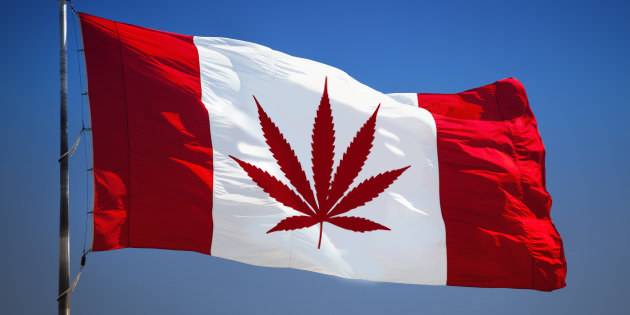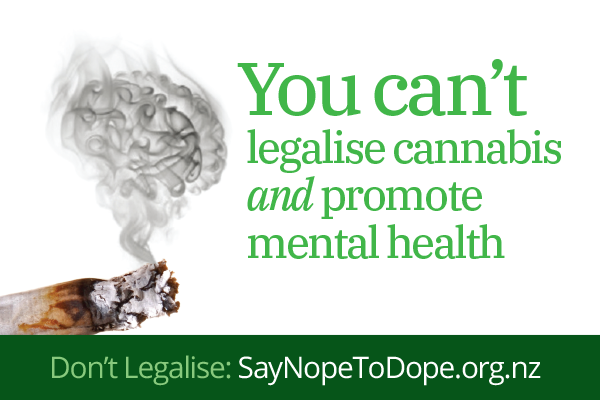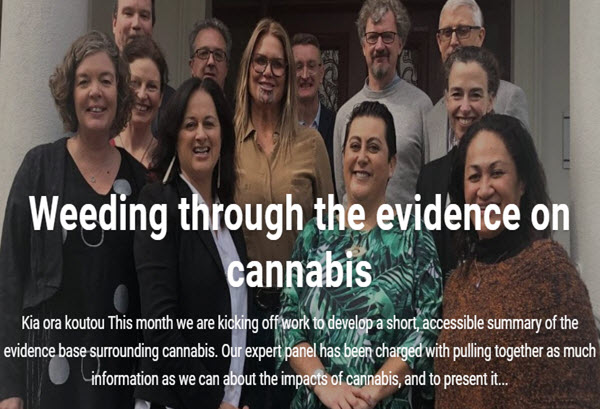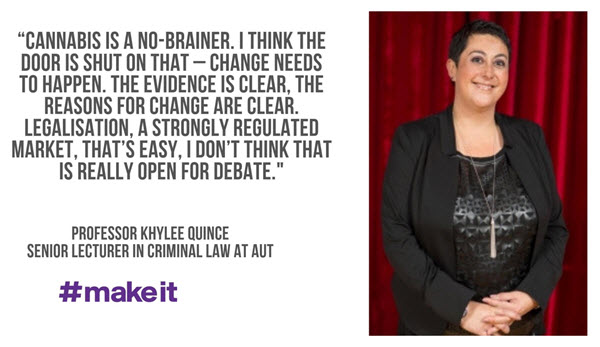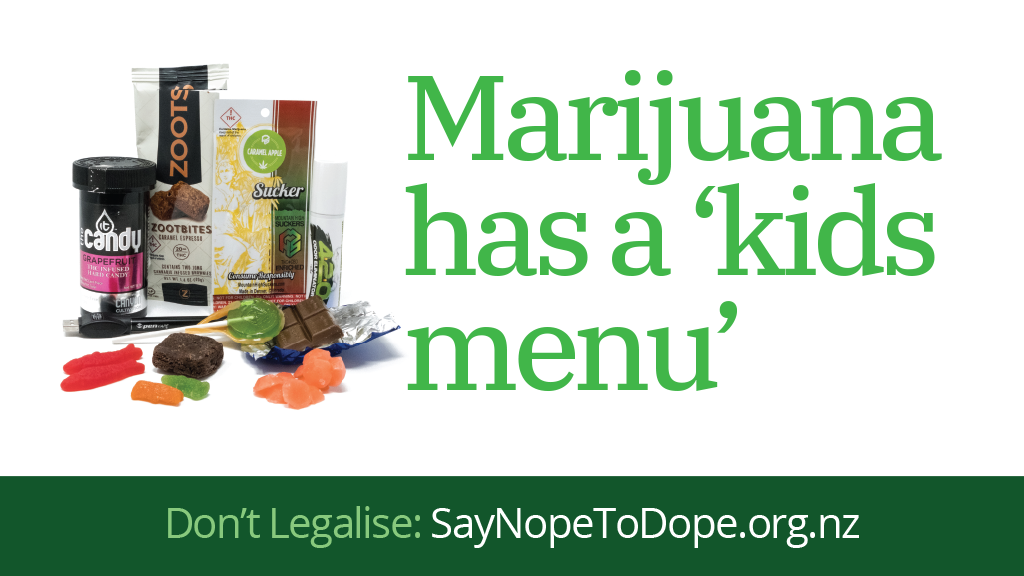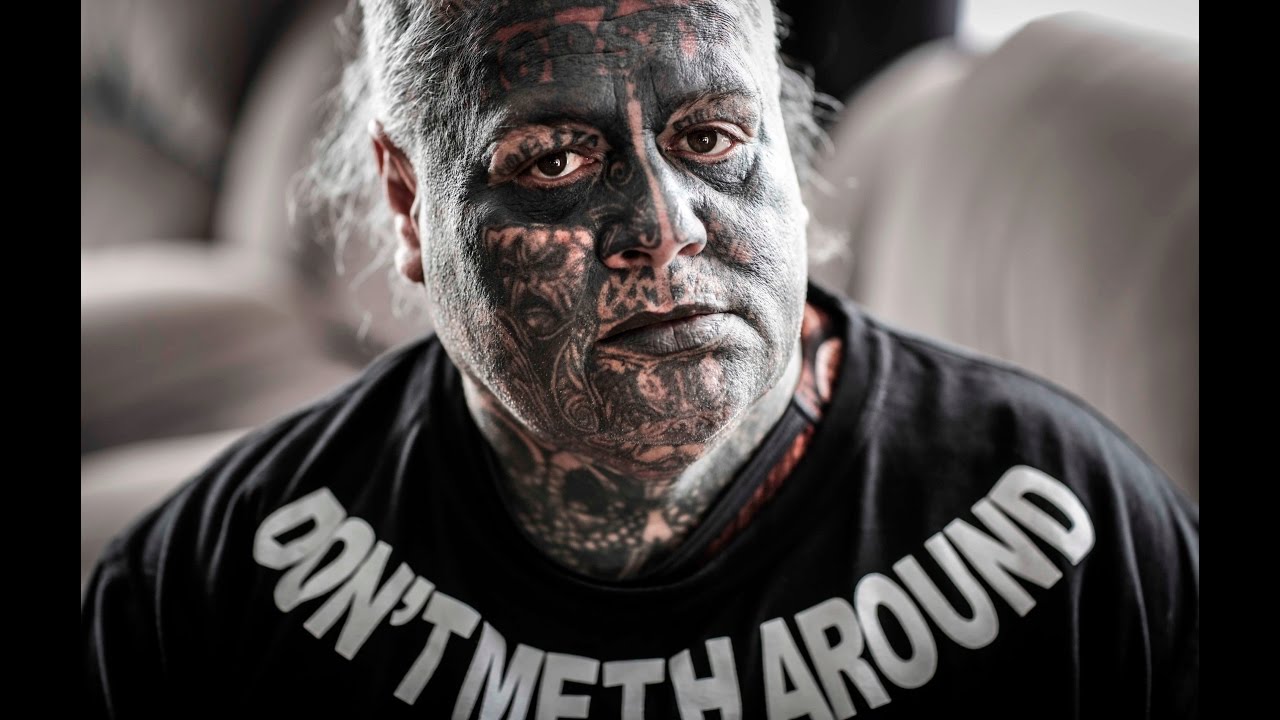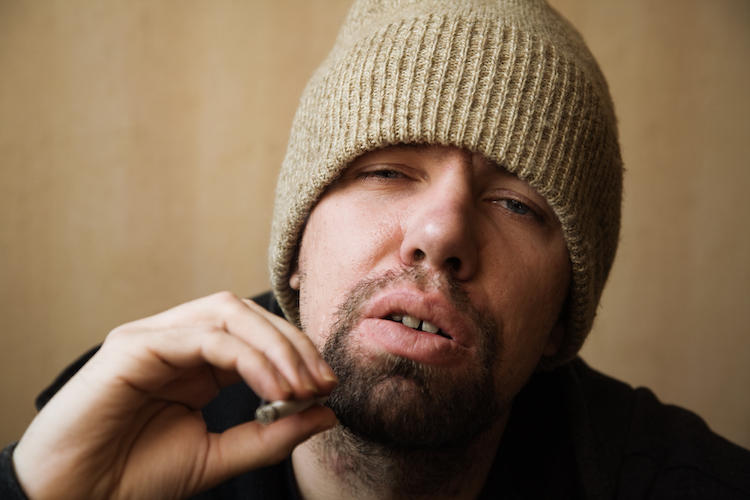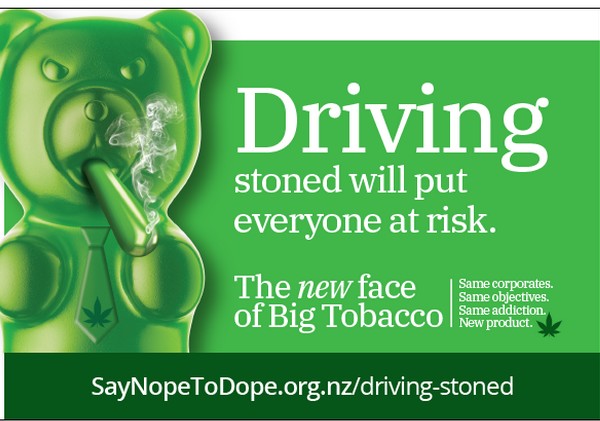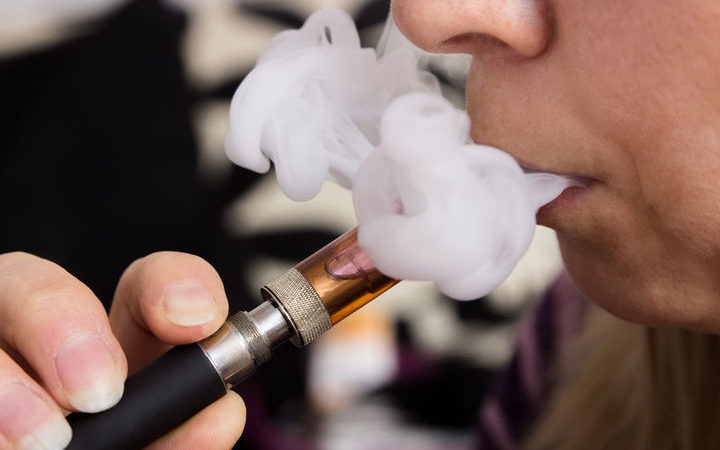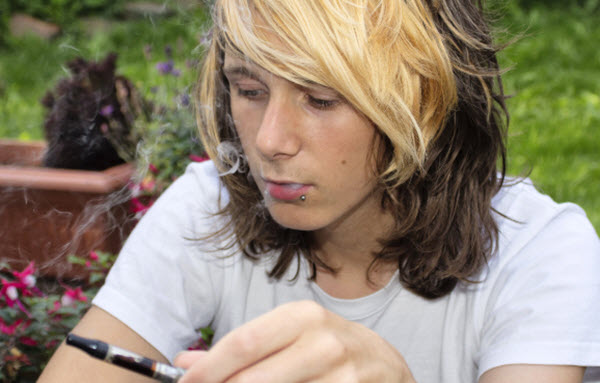
Addiction Center 15 September 2019
Family First Comment:Disturbing..
“Marijuana concentrates contain as much as 70% more THC than plant-based marijuana. Therefore, its effects on the mind and body are more powerful. For this reason, health experts worry that children and teenagers who use marijuana concentrates are in greater danger of developing THC addiction and suffering marijuana-related brain damage… Among the 33% of students who had tried marijuana, 72% of them had tried a marijuana concentrate.”
#saynopetodope
VoteNo.nz
Marijuana is the most popular illegal drug in the United States, especially among teenagers. In fact, the 2018 Monitoring the Future survey indicated that 3.4% of American 10th graders and 5.8% of American 12th graders use marijuana everyday. From 2015 to 2018, by the time high-school students across the country reached 12th grade, about 43% of them had used marijuana at least once in their lives. While we know that many teenagers use marijuana, there hasn’t been much research on how many teenagers use marijuana concentrates, so a team of researchers from Arizona designed a survey to find out. The researchers published the results of their study on August 26 in the peer-reviewed journal Pediatrics.
What Are Marijuana Concentrates?
A marijuana concentrate is a product which has higher quantities of THC, the psychoactive chemical in cannabis, than regular marijuana. The process of concentrating THC is somewhat similar to distilling alcohol, or separating alcohol from the water and other components of a fermented substance to create drinks with more alcohol by volume. Marijuana concentrates consist of THC without the flowers and leaves of the cannabis plant. Usually, they take the form of oils, waxes, capsules, and substances which resemble butter or glass. The practice of “dabbing” is one of the most common ways by which teenagers use marijuana concentrates. “Dabbing” involves vaporizing THC oils with battery-powered cartridges and inhaling the vapor.
Marijuana concentrates contain as much as 70% more THC than plant-based marijuana. Therefore, its effects on the mind and body are more powerful. For this reason, health experts worry that children and teenagers who use marijuana concentrates are in greater danger of developing THC addiction and suffering marijuana-related brain damage. As Dr. Harshal Kirane explains, “high-potency cannabis is associated with concerning medical and psychiatric consequences, particularly in early brain development.” Unfortunately for parents, marijuana concentrates are more difficult to notice because they do not look like marijuana, so parents may not be aware that their children are using drugs. Additionally, marijuana concentrates are generally becoming more popular and accessible. This is especially true in states where there are legal markets for recreational marijuana.
What Are the Results of the Study?
To determine how popular marijuana concentrates have become among teenagers, the researchers surveyed a large group of 8th, 10th, and 12th graders from 245 Arizona schools. The researchers asked them whether they used marijuana and then asked additional questions about their marijuana habits. The survey results indicate that 33% of the students had used marijuana in some form at least once in their lives, while 24% of the students had used a marijuana concentrate. Among the 33% of students who had tried marijuana, 72% of them had tried a marijuana concentrate. Therefore, “most adolescent cannabis users have used concentrates,” according to the researchers.
On the basis of additional survey questions, the researchers also determined that “adolescent concentrate users were more likely to use other substances and to experience more risk factors, and fewer protective factors, for substance use problems across numerous life domains.” Since the study was confined to one state, it is possible that similar research will take place in other states in the future to determine whether this is a nationwide problem.
https://www.addictioncenter.com/news/2019/09/teenagers-marijuana-concentrates/

